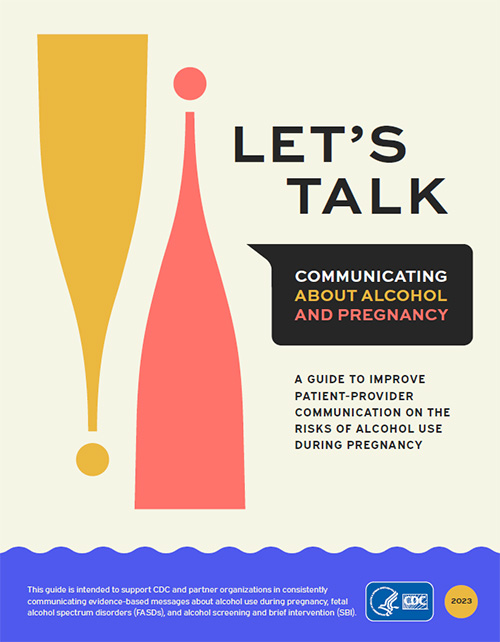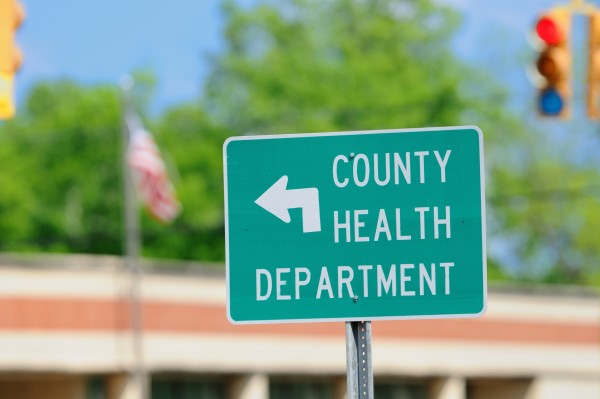Co-written with the Center for Health and Safety Culture at Montana State University
What is Fetal Alcohol Spectrum Disorders (FASD) Awareness Month?
As we wrap up September, we are highlighting Fetal Alcohol Spectrum Disorders (FASD) Awareness Month! FASD Awareness Month is an expansion of FASD Awareness Day, held each year on September 9 since 1999. This day was chosen so that on the ninth day of the ninth month of the year, the world will remember that during the nine months of pregnancy, the safest option is not to drink alcohol.
During this month, people all around the world gather to raise awareness about the dangers of alcohol use during pregnancy and the challenges individuals and families who are living with FASDs can face.
What are FASDs?
According to the Centers for Disease Control and Prevention (CDC), FASDs are a group of conditions that can occur in a person who was exposed to alcohol before birth. People with FASDs can have lifelong effects, including problems with behavior and learning as well as physical problems.
There is currently no medical test available to diagnose FASDs. However, there are preventive and early intervention treatment services available that local health departments (LHDs) and healthcare professionals can utilize.
Alcohol Screening and Brief Intervention (SBI) is an example of a preventive service that healthcare professionals can use to identify patients’ drinking patterns, have a short conversation with patients who are drinking more than the recommended amounts, and refer to treatment when appropriate.
How to Combat Misinformation
One of the goals of FASD Awareness Month is to educate the public about alcohol use during pregnancy. Individuals may hear conflicting information and different opinions from friends, family, the Internet, books, and medical professionals.
Below are some facts about the risks of alcohol use during pregnancy that LHDs can share with their communities:
- No safe level of alcohol during pregnancy has been established.
- Alcohol use can be harmful at any point during a pregnancy.
- All types of alcohol are equally harmful, including all wines and beer.
- It is not possible to predict how exposure to alcohol during pregnancy will impact a particular baby.
- FASDs are often identified when children are elementary school age or older.
NACCHO’s FASD Work and Resources
NACCHO is partnering with the Center for Health and Safety Culture at Montana State University (MSU) to promote substance-free pregnancies and to prevent and address FASDs. The goal is to provide the most valuable resources possible so LHDs can continue to promote healthy babies and families.
NACCHO and MSU recently hosted a webinar on promoting substance-free pregnancies. The webinar highlighted resources and opportunities for LHDs to help prevent substance use during pregnancy and FASDs. The webinar also discussed how to strategically use person-first language to discuss the severity and impact of FASDs without creating or perpetuating stigma.
Click here for a recording of the webinar.
LHDs can also access other FASD resources through our partners at MSU. To learn more or to get involved in this work, please email [email protected].
Other Tools and Resources
The CDC’s National Center on Birth Defects and Developmental Disabilities (NCBDDD) recently released a suite of “Let’s Talk” materials that LHDs can use to disseminate evidence-based messages about alcohol use during pregnancy and FASDs. The materials include fact sheets, videos, and infographics that can be shared with healthcare professionals and patients, as well as a communication guide to encourage consistent messaging. These materials are designed to help healthcare professionals and patients share information and engage in dialogue about alcohol use during pregnancy and FASDs. To access these resources, please click here.

Next Steps
For more information on NACCHO’s FASD work, please contact Harpur Schwartz at [email protected] or Elana Filipos at [email protected].
